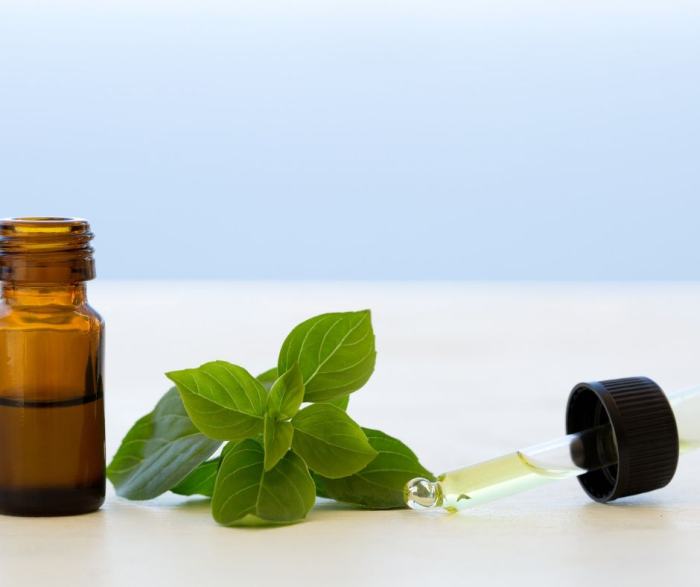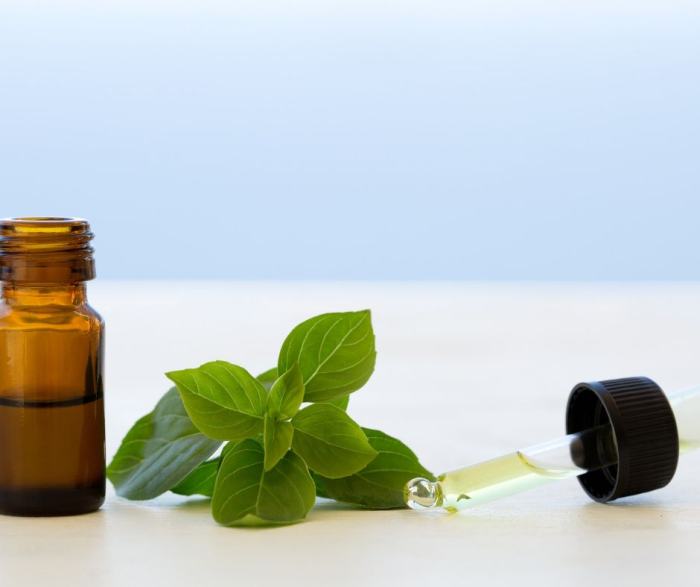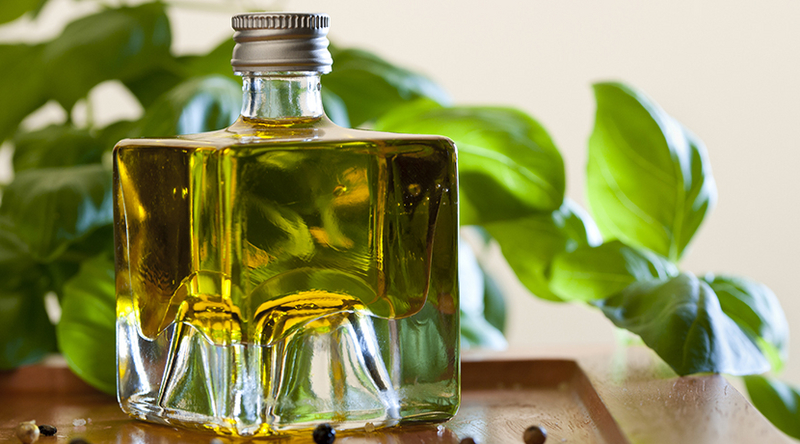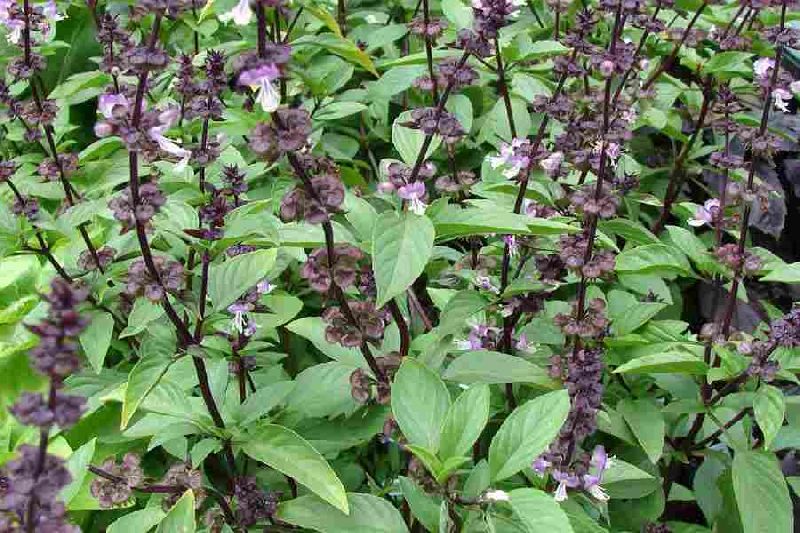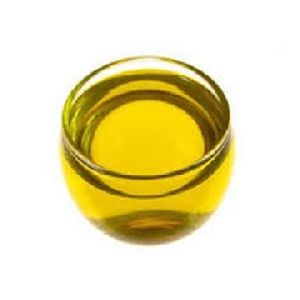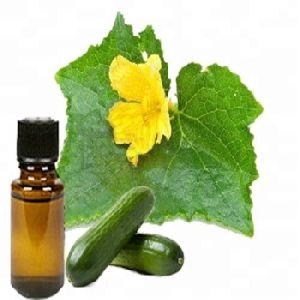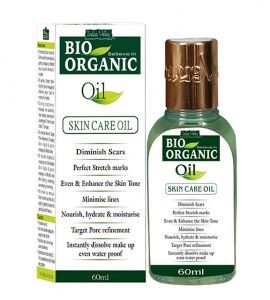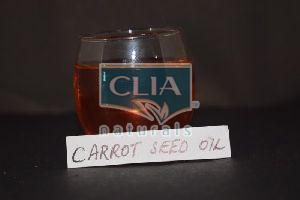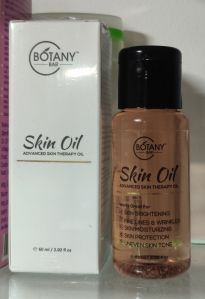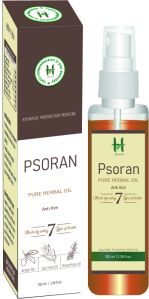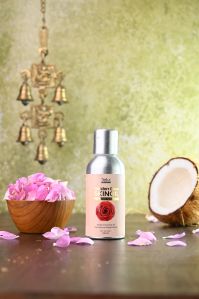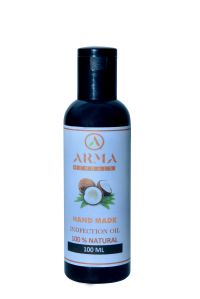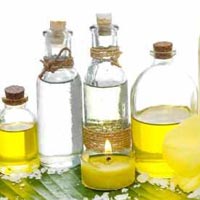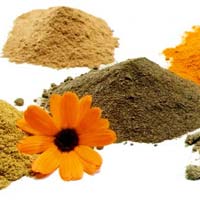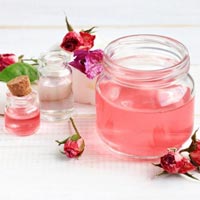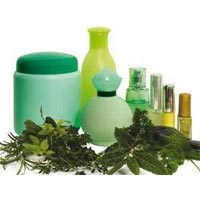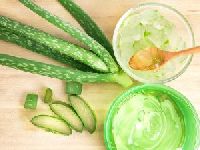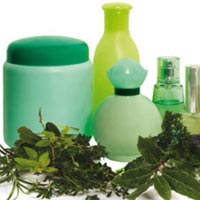Listing ID #5003348
Company Information
Ask for more detail from the seller
Contact SupplierOcimum basilicum L. (sweet basil) belongs to the Lamiaceae or mint plant family, which includes about 200 species of various basil botanical varieties and forms grown around the world. With a naturally sweet, warm, spicy and herbal smell, basil oil can be used in multiple ways both internally and topically.
Basil essential oil benefits include :
Basil Essential Oil Uses
1. Potent Antibacterial :
2. Cold and Flu Treatment
3. Natural Odor Eliminator and Cleaner
4. Flavor Enhancer
5. Muscle Relaxant
6. Ear Infection Remedy
7. Homemade Toothpaste and Mouthwash
8. Energizer and Mood Enhancer
9. Insect Repellent
10. Acne and Insect Bite Remedy
11. Digestive Booster
12. Stress-Fighter
13. Hair Booster
Basil Essential Oil Use and Recipes
Here’s how you can start using basil essential oil at home today :
10 D.S. Holy Basil Benefits : Tulsi Helps Anxiety, Acne & More
What Is Holy Basil?
Holy basil (Ocimum tenuiflorum or Ocimum sanctum) is an aromatic shrub in the Lamiaceae basil plant family. It’s thought to have originated in north central India and now grows native throughout the Eastern world. Also known as tulsi, which means “the incomparable one” in Hindu, the holy basil plant is a perennial that has a light lemon scent and purple-pink flowers.
Extracts, oils and supplements can be made from holy basil seeds, leaves, flowers and stems. The holy basil leaf, an oval-shaped leaf with a slightly sharp tip is used to make tulsi tea, is where the majority of the plant’s healing compounds are found. There are two common types of tulsi: Rama tulsi, which has a white stem and green leaves, and Shyam tulsi, which has a dark pinkish-purple stem and leaves. Both types are similar in terms of their health benefits and uses.
Researchers describe holy basil as a natural protector of organs and tissues, defending against chemical stress caused by factors like industrial pollutants, heavy metals, physical stress from prolonged physical exertion, ischemia, physical restraint and exposure to cold and excessive noise. Many of its protective effects are due to its rich concentration of phytochemical constituents, including: eugenol, oleanolic acid, ursolic acid, rosmarinic acid, carvacrol and others.
Holy Basil vs. Basil
More than 40 different basil varieties (and possibly as many as 150) are grown around the world for their edible and medicinal uses. All types of basilare species of the genus Ocimum. Compared to the commonly sold type of “traditional” basil (O. basilicum) that has a sweet taste, holy basil is described as being more peppery, spicy and also minty, which is why it’s sometimes called “hot basil.” There are also many other varieties of basil that have aromas and tastes of lemon, cinnamon, clove, etc.
Both types of basil can be cooked with, including using fresh or dried leaves, but holy basil has therapeutic uses that traditional basil does not. Traditional basil is still a good source of antioxidants and a great addition to healthy recipes, but it’s less commonly used to make extracts, essential oils or supplements.
10 Holy Basil Benefits
1. Fights Skin Infections and Acne
2. Protects Against Diabetes
3. Helps Fight Cancer
4. Balances Stress Hormones
5. Relieves Fever
6. Helps Improve Respiratory Disorders
7. Good Source of Vitamin K
8. Supports Dental Care and Oral Health
9. May Relieve Headaches
10. Supports Eye Health
How to Use
Common Holy Basil Uses
How to Make Holy Basil Tea at Home
Cooking with Holy Basil
Holy Basil Dosage
To be safe, it’s generally recommended to use holy basil for about six weeks or less before taking a break.
One note to keep in mind is that tulsi may slow blood clotting, so taking tulsi along with medications that also slow clotting may increase the chances of bruising and bleeding. Some medications that slow blood clotting include aspirin, clopidogrel, dalteparin, enoxaparin, heparin, ticlopidine and warfarin. Due to its influence on blood clotting, you should discontinue use of holy basil two weeks before any scheduled surgery.
Holy basil may cause problems during pregnancy or breastfeeding, so you should avoid using it during these times unless working with a doctor Final Thoughts.
The main benefits of holy basil (tulsi) include:
Holy basil is referenced often in Ayurvedic medicine as an herb to treat a large number of conditions. Used for thousands of years, there have been very few holy basil side effects reported. This herb is available in leaf, powder, supplement and essential oil form. One of the most common uses is taking it for anxiety.
